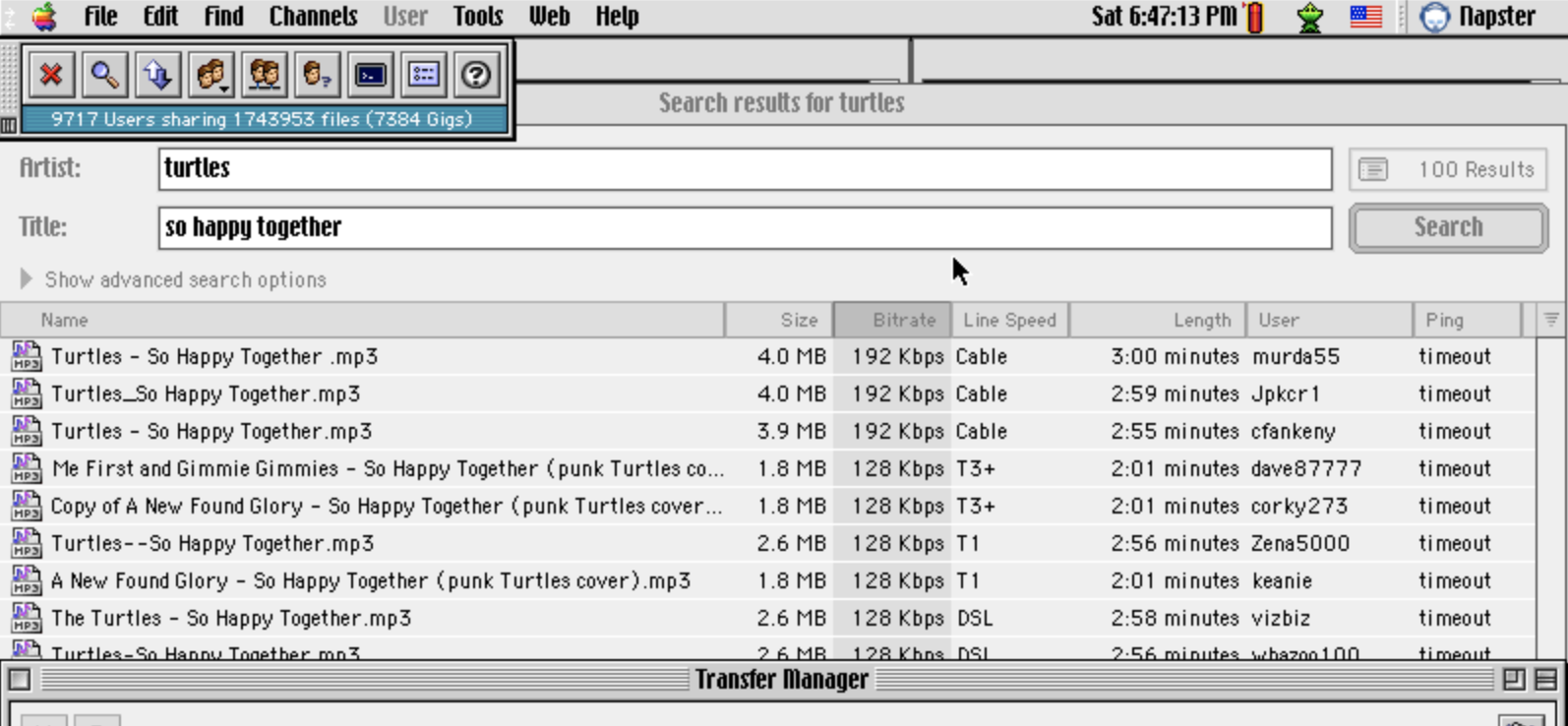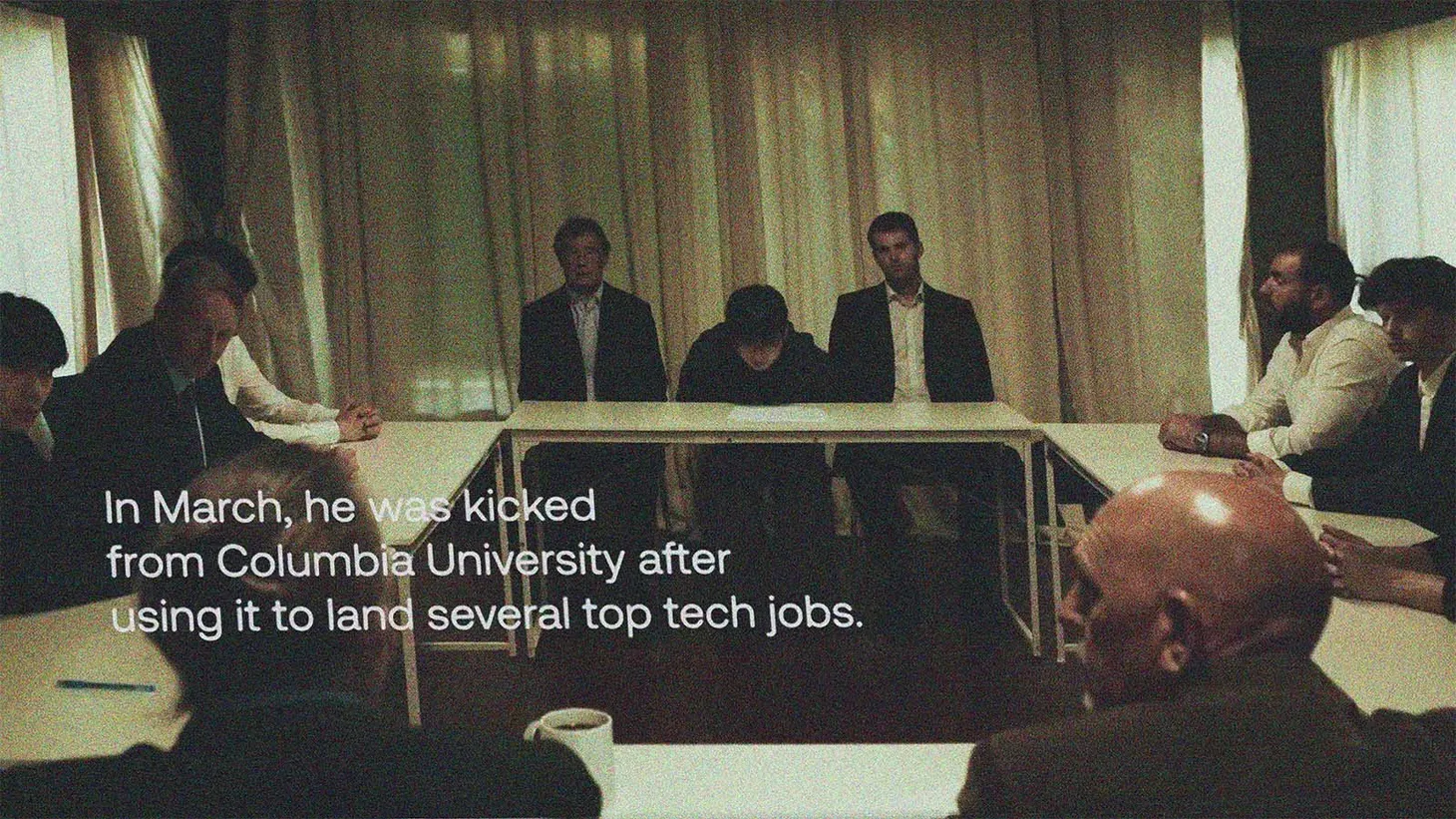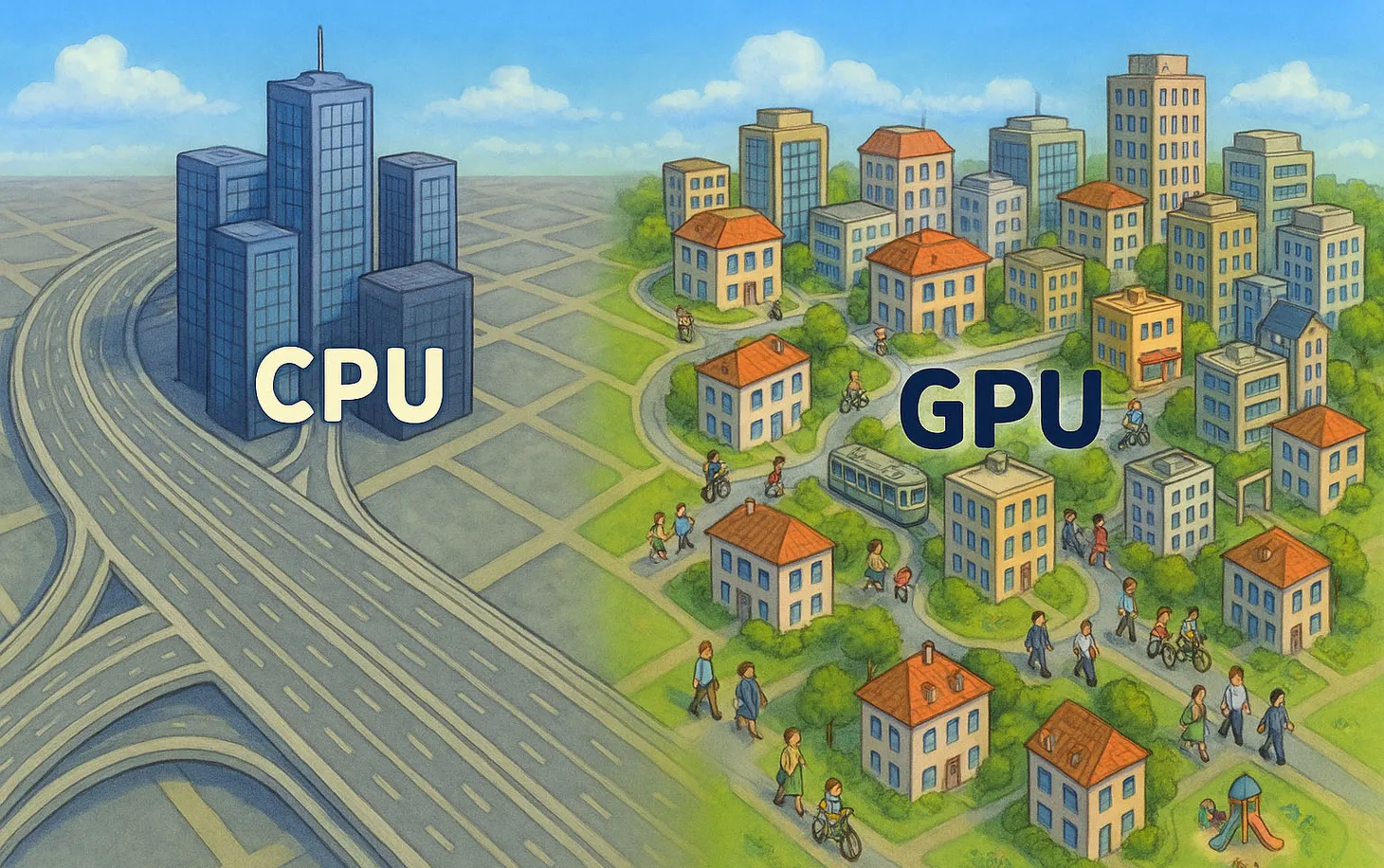It’s Not We, It’s You: A Lesson That Landlords Must Learn

Whether WeWork succeeds or fails, landlords are facing an immense challenge that everyone seems eager to ignore.
Remember Napster? It was a precursor to what we now call the sharing economy. Instead of buying a record from the record companies, Napster allowed people to share storage space with one another and access a vast catalog of digital files. At the heat of the dot-com bubble, Napster was the hottest of them all, growing its user-base faster than any other company ever.A year after it launched, it has already been downloaded by 20% or so of all web users. Its users were so active, they cloggeed the internet pipes of the nation’s largest institutions.
It was a terrible flop. Napster never made any money. Its legal foundation was unsound. Its business model, non-existent. And its decision to take on one of the world’s most powerful industry lobbies was a terrrible miscalculation. In an era of many unworthy IPOs, Napster did not even manage to go public.
And then it was over. The bubble burst, the courts ruled, the incumbents fended off the disruptor, and everyone lived happily ever after. People stopped downloading music, everyone went back to the store to buy whole albums, and the music labels went back to printing money.
Nope. That’s not what happened. Napster crashed, but so did the music industry. The annual revenue of the record labels fell from over $20 billion to less than $8 billion. It took 15 years until it started growing again.
Napster was a harbinger with a message that no one in the industry wanted to hear. It died for the sins of music executives, but the executives were not saved. It took another savior, Steve Jobs, to stem the tide of piracy and teach online users to pay for music.
Why am I telling you all this? A similar story is unfolding in the real estate industry. Technology is driving and enabling new consumer behaviors. The incumbents are failing to provide what the customers want. Most of them are trying to shoot the messenger or wait for the latest “fad” to go away.
WeWork is operating over 20 million square feet of office space. It draws over $4 billion in annual revenue. It generates this revenue not by subsidizing its customers (as Uber and Lyft do), but by charging a premium on every square foot it leases from landlords. WeWork’s revenue already exceeds that of IWG, the company everyone seem eager to compare it to.
Even if WeWork will never be profitable, even if WeWork is worth only $20, $15, or $5 billion, even if WeWork goes bankrupt — the office market will never be the same. Napster’s death did not halt the transformation of the music market. WeWork’s death will not halt the transformation of the office market. And a downturn will only expedite the process.
Office end users want service, they want flexibility, and they want to interact with a brand that stands for something. A growing number of employers are unable to sign a long lease, unable to project their headcount five or ten years hence, unable to spend millions on upfront fit-out costs, unable to keep up with the latest trends of office design and operation, unable to open an office in every location in which they have employees, and unable to provide the guarantees that landlords and lenders would ideally like to see. The world has changed. Someone needs to fill the gap.
Time to face the music.
__
Image source: Wikipedia
Dror Poleg Newsletter
Join the newsletter to receive the latest updates in your inbox.




